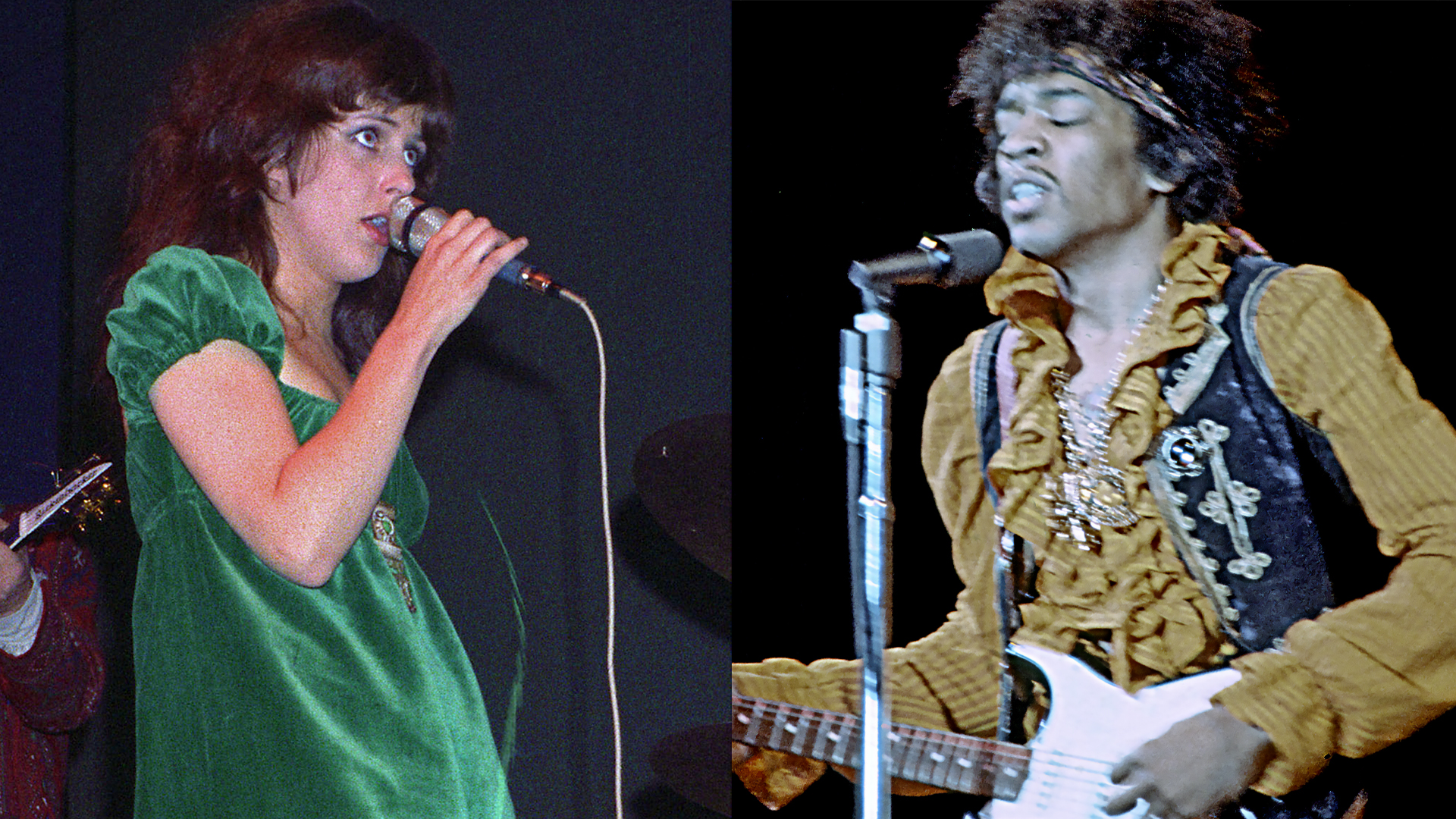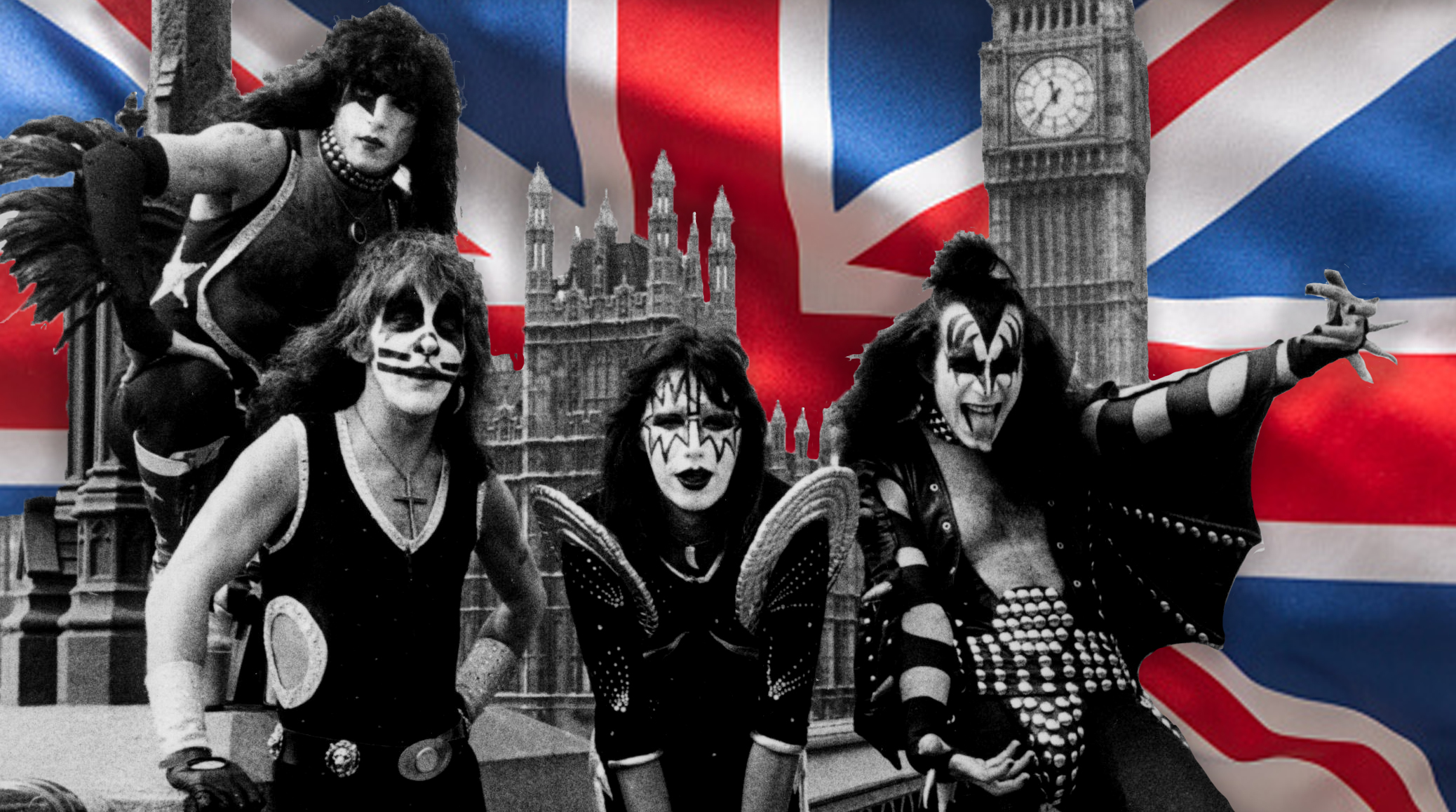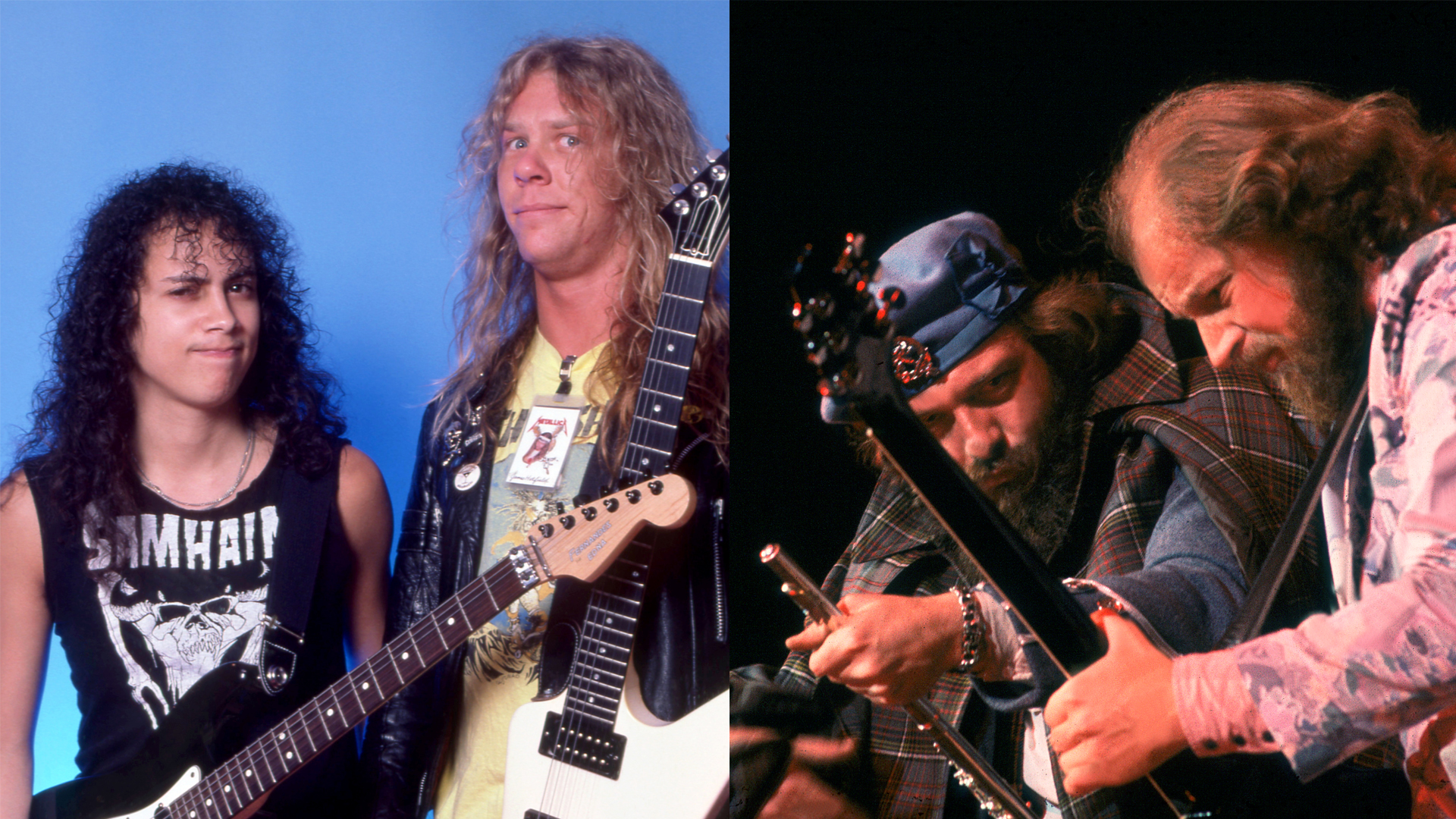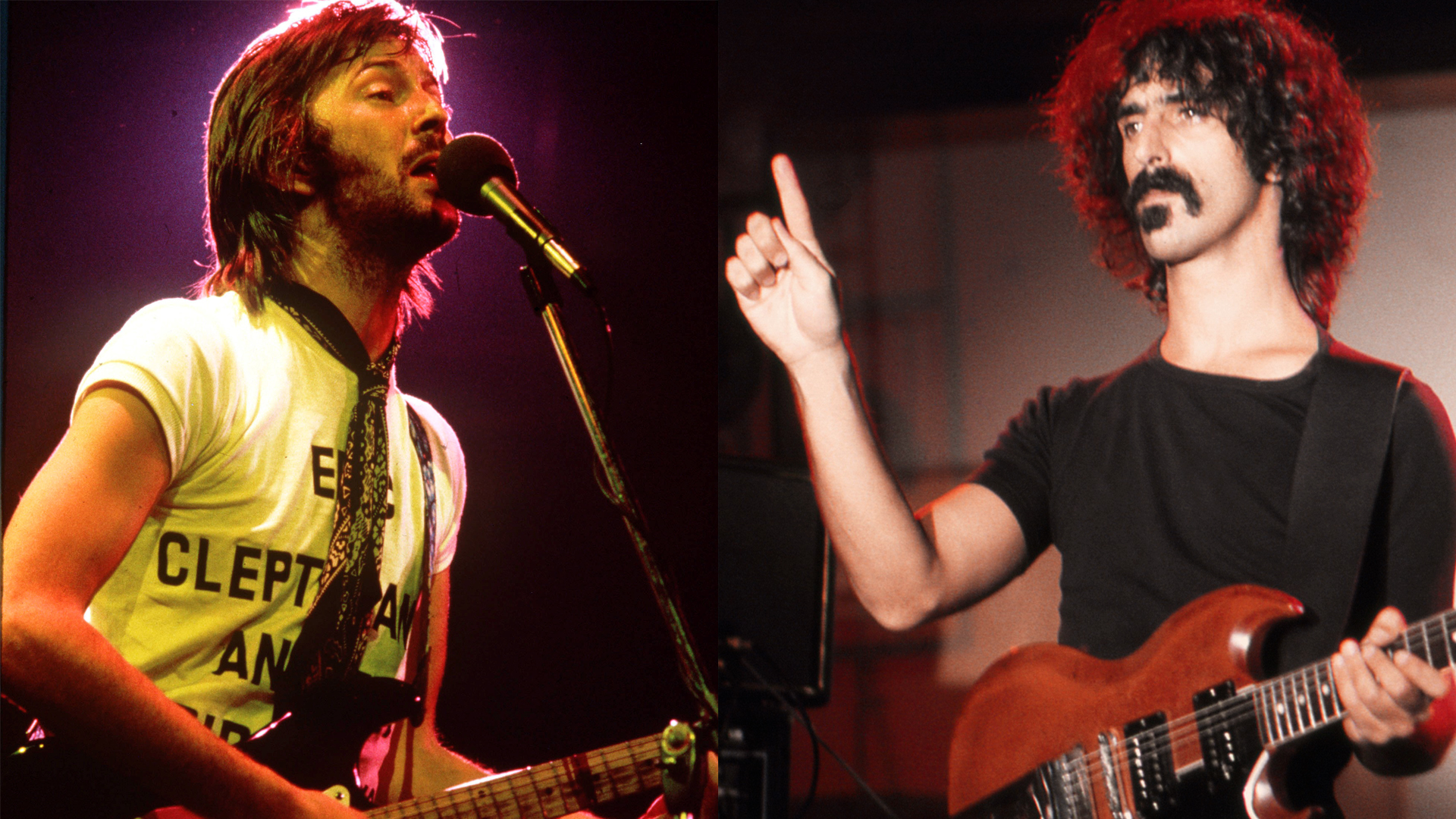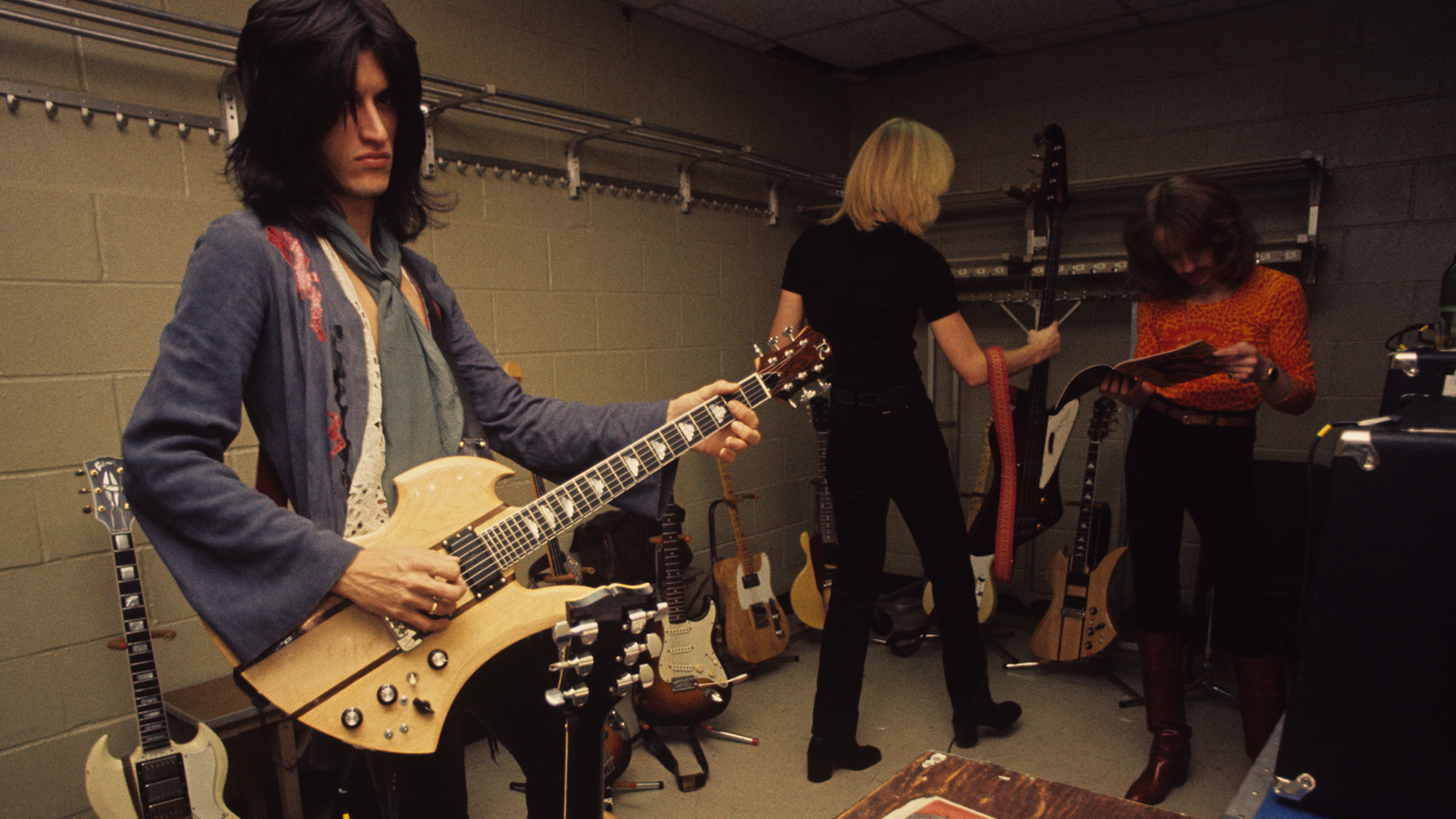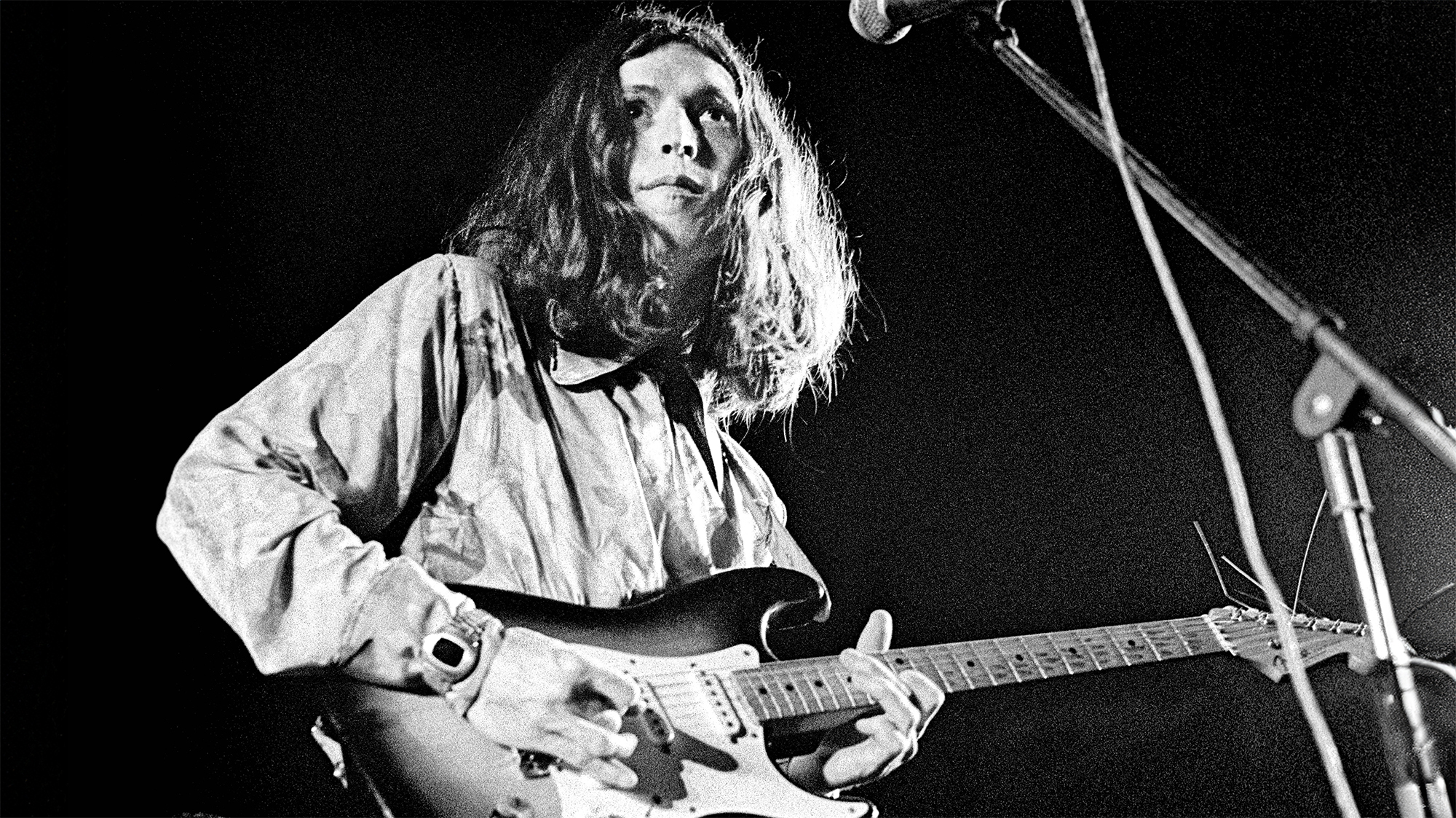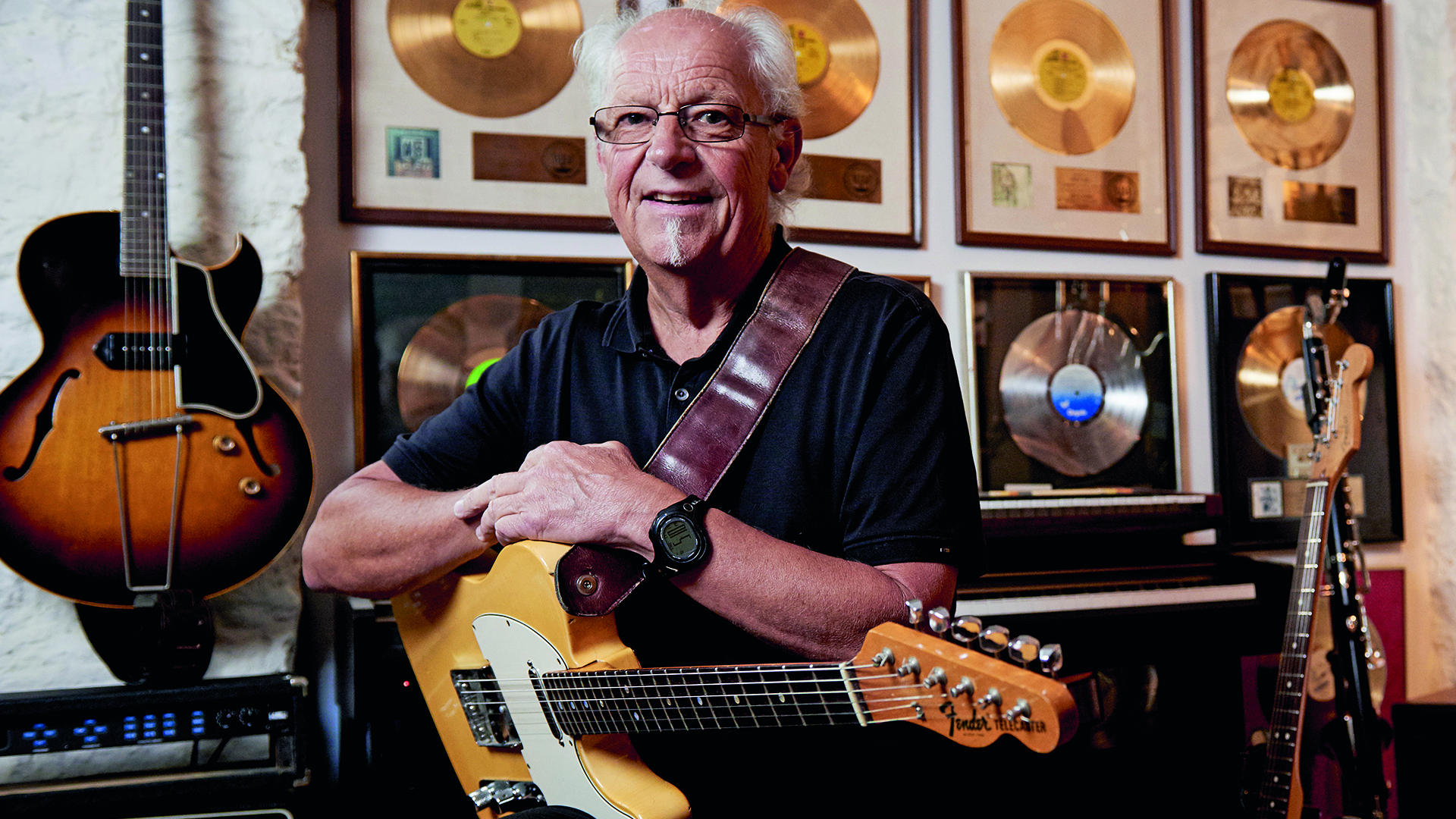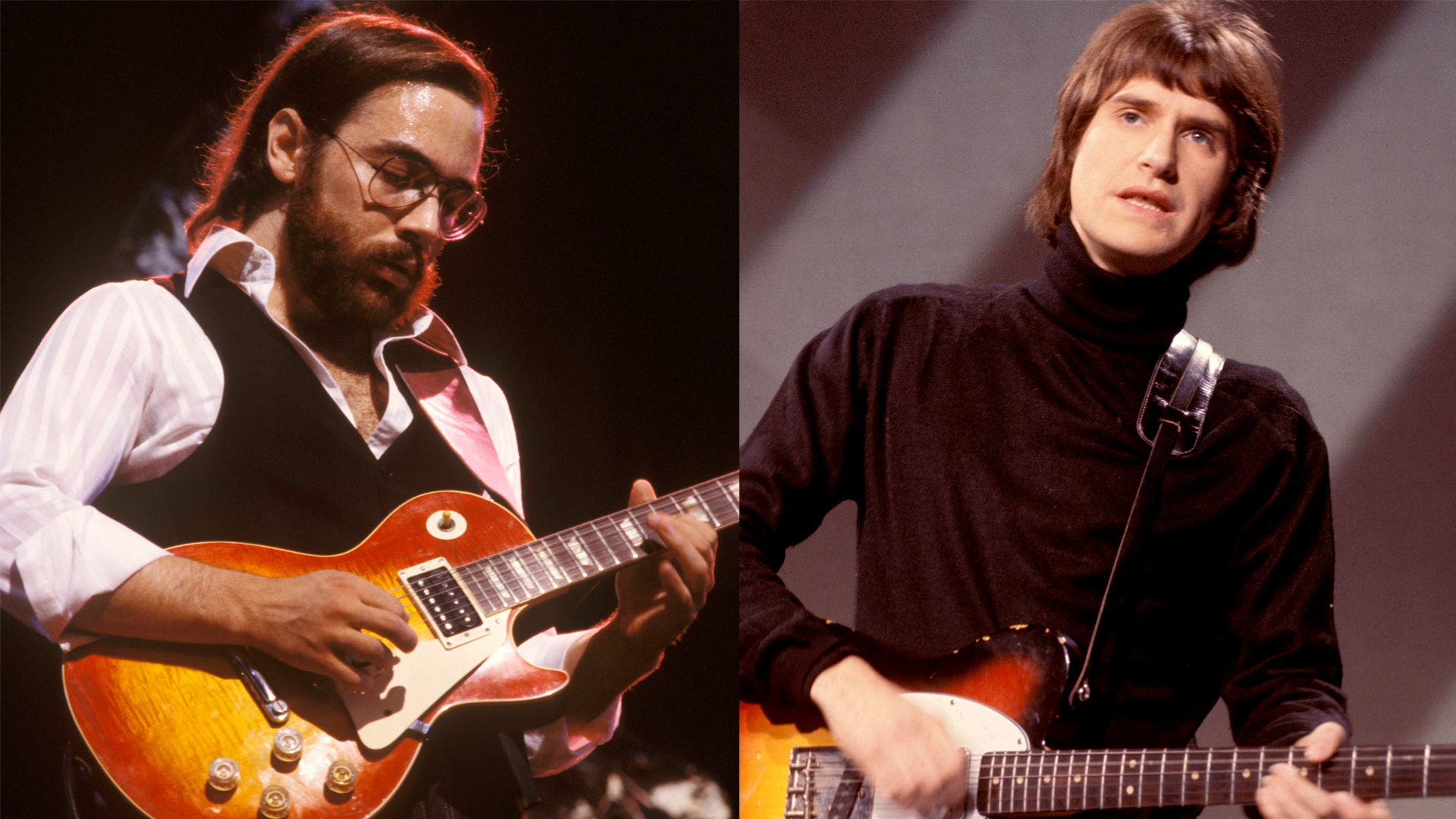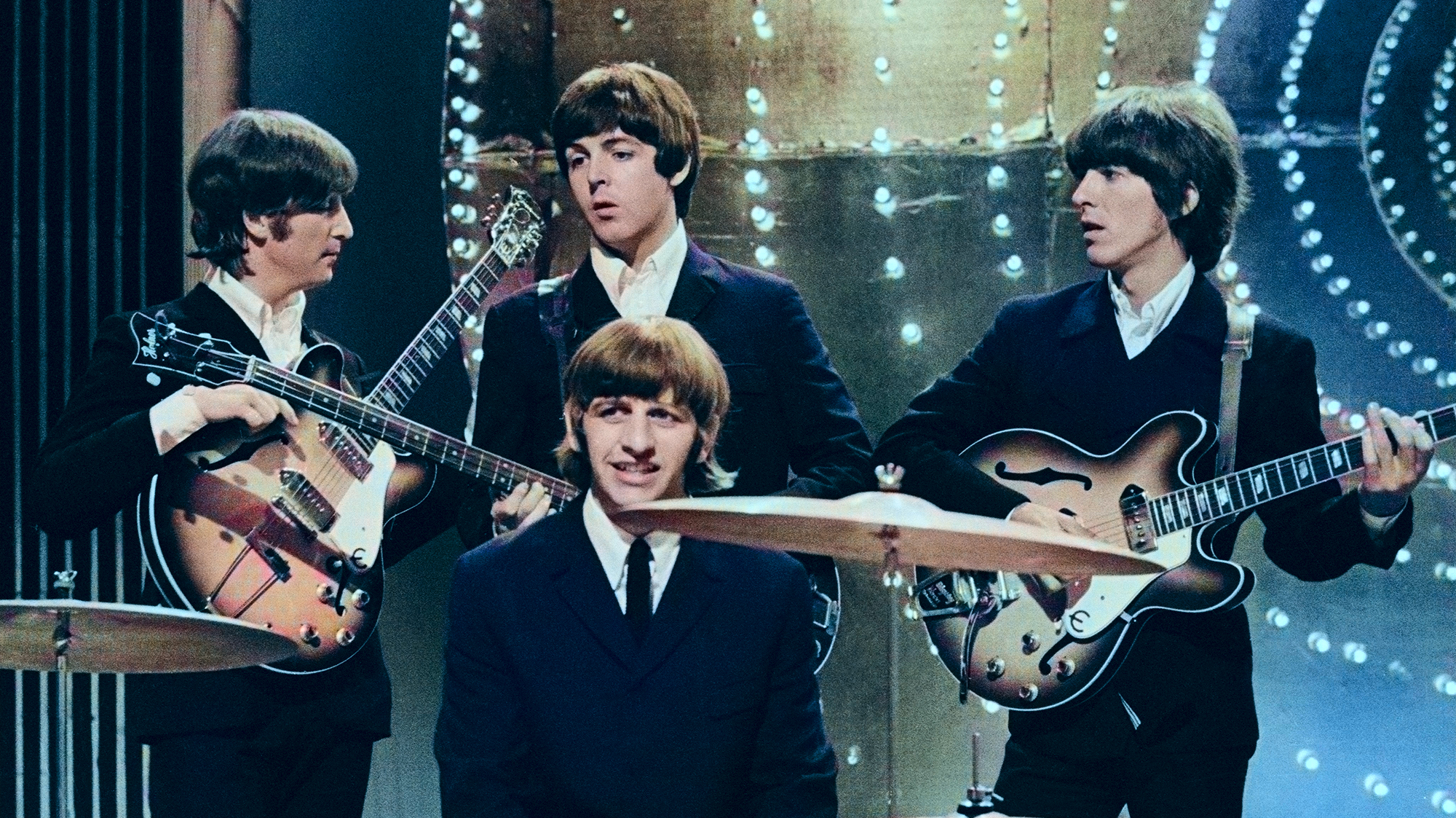“It burned all through the night and there it was, gone”: Watch Deep Purple give a very literal performance of Smoke on the Water atop a burning Lake Geneva
The spectacle made full use of a new stage erected over the lake for the Montreux Jazz Festival, with Roger Glover reflecting on the inspiration behind the unmistakable classic
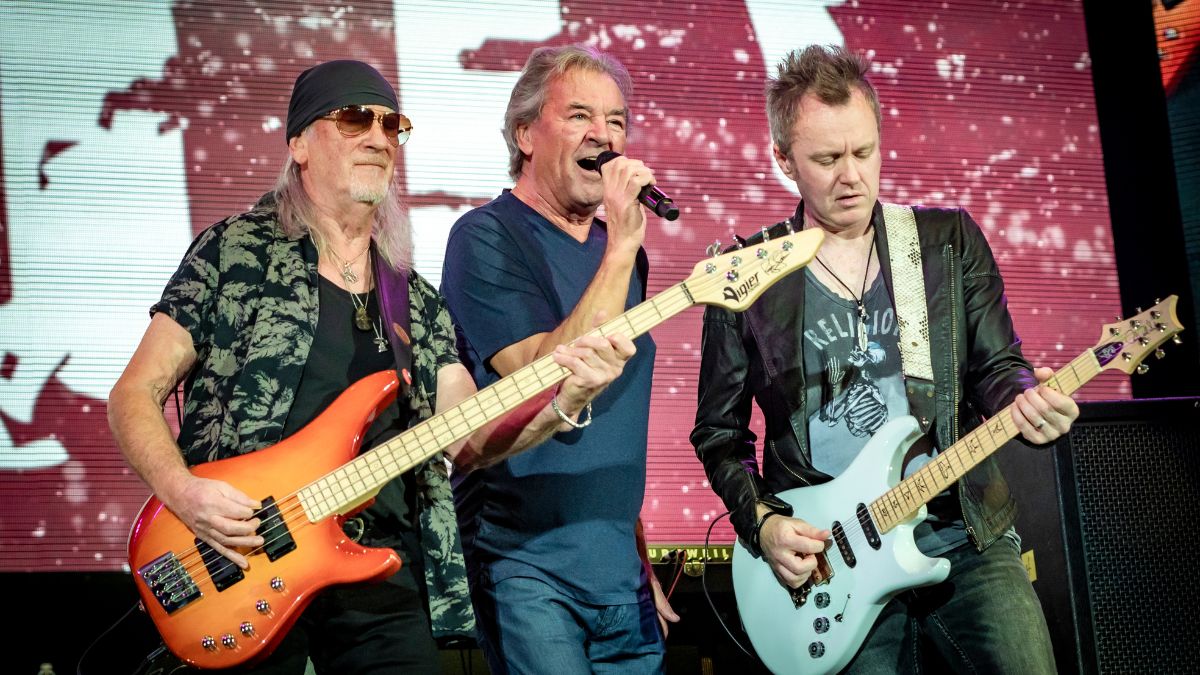
Deep Purple have delivered their most literal performance of Smoke on the Water, churning out the track’s peerless riff on a stage erected over Lake Geneva, with fire and smoke pluming into the skyline behind them.
The British rock icons, who will release their 23rd studio album, =1, later this month, marked their 10th appearance at the Montreux Jazz Festival in style over the weekend (July 8), helping give the festival’s new stage, erected over the lake, an apt baptism of fire.
Talking to The Standard, the band’s evergreen bass player Roger Glover reflected on the incidents that preceded the song’s birth, and how the track may never have existed if it weren’t for Frank Zappa and a flare gun.
It was 1971 and the band had chosen a Montreux casino to record their sixth album, Machine Head, taking advantage of the Rolling Stones’ mobile studio.
The evening before recording started, Frank Zappa and the Mothers of Invention were in town, entertaining a packed crowd at the casino’s theater. As the keyboard solo of King Kong moved through the gears, a flare gun was fired at the ceiling. The venue went up like a tinderbox, taking the band’s equipment with it.

“It burned all afternoon, all evening, all through the night,” Glover remembers. “We went and looked at it the next morning, and there it was, gone. It was a frightening thing.
“The following morning, I was in my room alone and I woke up with those words on my lips, and I said them out to an empty room. And then I kind of really woke up and I said, ‘What did I just say? Smoke on the water?’ No idea what it meant. I mentioned it to Ian [Gillan] and he said, ‘Yeah, sounds like a drug song. Better not do that.’”
Get The Pick Newsletter
All the latest guitar news, interviews, lessons, reviews, deals and more, direct to your inbox!
Speaking previously to Classic Rock, Ritchie Blackmore had said the song was put together haphazardly.
“It was made up in the spur of the moment,” he said. “I just threw it together with Ian Paice. Roger Glover joined in. We went outside to the mobile unit and were listening back to one of the takes, and there was some hammering on the door.
“It was the local police, and they were trying to stop the whole thing because it was so loud.
“We knew that they were coming to close everything down. We said to Martin Birch, our engineer: ‘Let’s see if we have a take.’ So they were outside hammering and taking out their guns.”
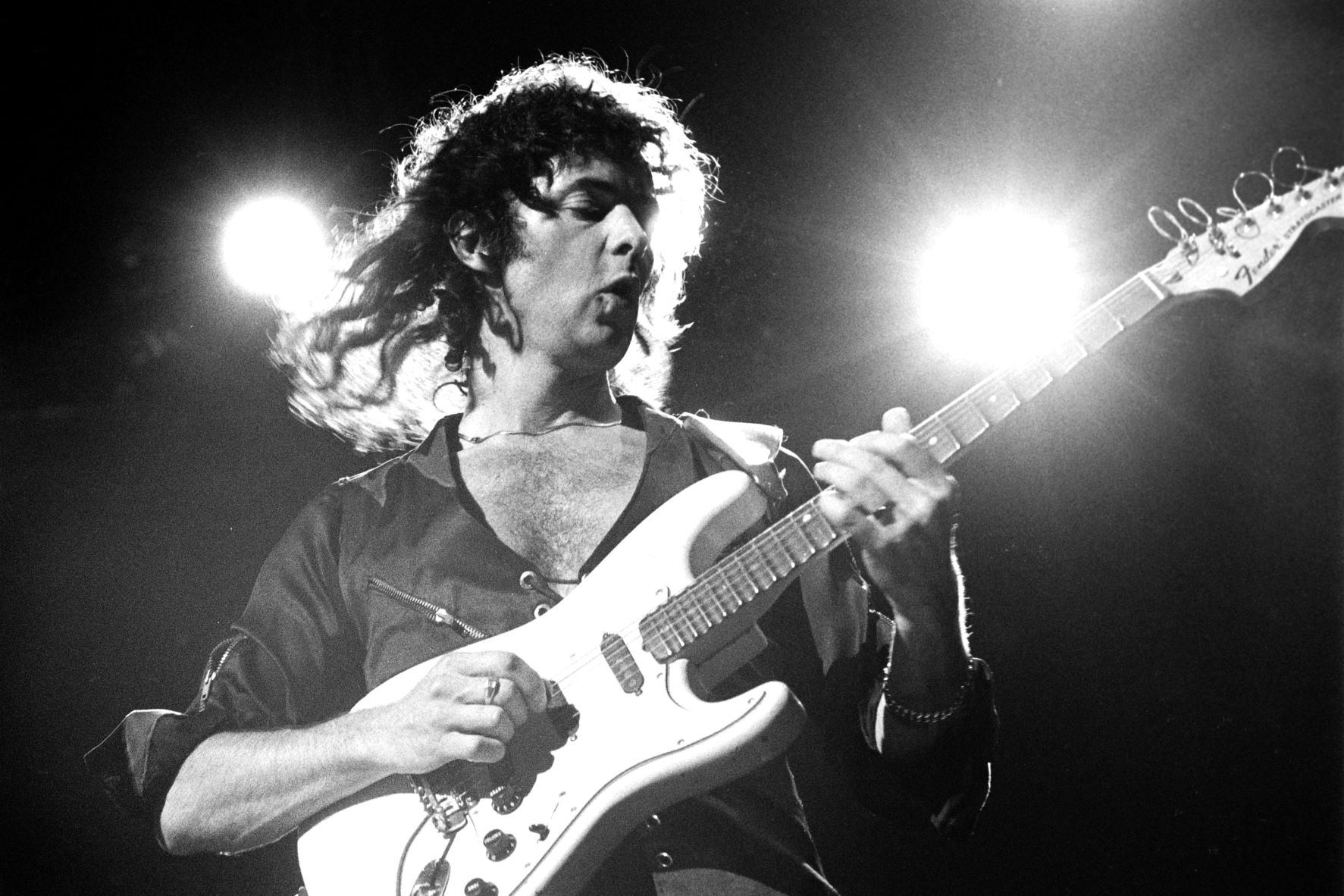
Ritchie Blackmore claims that the riff was adapted from Beethoven's Fifth Symphony, with a Hornby-Skewes Treble Booster unit used to produce a more biting top end and a subtle touch of distortion to the riff's genre-defining tone.
While knowing the song is a rite of passage for electric guitar players, Simon McBride, who joined the band in 2022, once explained to Guitar Player why many guitarists play it wrong.
In 2021, readers of Total Guitar and Guitar World magazines voted it the fourth-greatest riff of all time, with Led Zeppelin's Whole Lotta Love claiming the top spot.
A freelance writer with a penchant for music that gets weird, Phil is a regular contributor to Prog, Guitar World, and Total Guitar magazines and is especially keen on shining a light on unknown artists. Outside of the journalism realm, you can find him writing angular riffs in progressive metal band, Prognosis, in which he slings an 8-string Strandberg Boden Original, churning that low string through a variety of tunings. He's also a published author and is currently penning his debut novel which chucks fantasy, mythology and humanity into a great big melting pot.
"When they left town, I went to the airport and got to meet Ritchie, and he thanked me for covering for him." Christopher Cross recalls filling in for a sick Ritchie Blackmore on Deep Purple's first-ever show in the U.S.
"It’s as if all of Jeff Beck’s genius is right here on one album. There’s a taste of everything.” Joe Perry riffs on Beck, the Yardbirds and "The 10 Records That Changed My Life"

